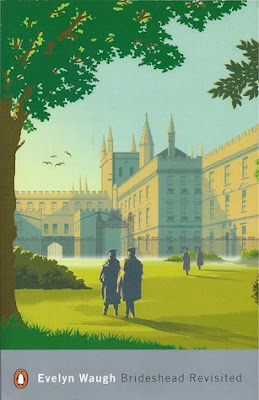Groff, Lauren "Matrix" - 2021
A member of our book club tried to convince us that this would be the best novel for our next book choice. But some members were not really convinced that they wanted to read it. So I "took pity" (LOL) and volunteered to be a guinea pig.
I love reading historical novels, especially about women and their fights against the prejudices of their times. So, I expected something really interesting. Many girls were sent to nunneries against their wishes and a few were quite successful in that world.
I tried to read more about the protagonist and found that the book is not really based on anything known from reality. It is what it says: pure fiction.
I thought I could learn more about the history of a person that was important in her lifetime. Unfortunately, I didn't. If you are looking for a novel without being interested in the background or whether that person existed, you might like this better. I was disappointed.
Overall, the novel was too superficial for me.
There are no footnotes or links to research pages that might support at least some of the stories.
From the back cover:
"Seventeen-year-old Marie, too wild for courtly life, is thrown to the dogs one winter morning, expelled from the royal court to become the prioress of an abbey. Marie is strange - tall, a giantess, her elbows and knees stick out, ungainly.
At first taken aback by life at the abbey, Marie finds purpose and passion among her mercurial sisters. Yet she deeply misses her secret lover Cecily and queen Eleanor.
Born last in a long line of women warriors and crusaders, women who flew across the countryside with their sword fighting and dagger work, Marie decides to chart a bold new course for the women she now leads and protects. She will bring herself, and her sisters, out of the darkness, into riches and power.
MATRIX is a bold vision of female love, devotion and desire from one of the most adventurous writers at work today."





















